Enterprises "swim on their own" in a matrix of regulations
Speaking at the workshop, Mr. Dau Anh Tuan, Deputy Secretary General of VCCI, pointed out that the shortcomings focus on three main groups: complicated administrative procedures, unclear or difficult-to-implement legal regulations, and the burden of compliance costs. Mr. Tuan pointed out that there are regulations that have existed for nearly two decades and are no longer appropriate, while some new legal documents issued in 2025 have soon revealed bottlenecks. Key areas such as land, investment, renewable energy, and environmental protection are facing many obstacles due to a lack of legal uniformity.
Conference scene. (Photo: tienphong.vn) |
From the business perspective, many specific problems have been pointed out. Ms. Le Thi Xuan Hue, Deputy Director of Bower Group Asia, cited the fact that some projects had been approved for pilot by the Prime Minister but were still required by the Ministry of Finance to redo the investment approval procedures according to the Investment Law. Ms. Hue commented that this repetitive process slowed down progress and lost opportunities for Vietnam.
Meanwhile, Mr. Le Ba Nam Anh, Director of Strategy & Development of Masan Group, said that the mineral industry is facing tax and fee costs accounting for 40-60% of revenue, much higher than the international average of 3-8%. The reason, he pointed out, is due to the lack of uniformity in the legal system.
Regarding the seafood sector, Mr. Nguyen Hoai Nam, General Secretary of the Vietnam Association of Seafood Exporters and Producers (VASEP), highlighted the unreasonable VAT regulations. The same type of waste product, if separated from the deep processing line, is subject to a 10% tax, but not from the primary processing line, causing difficulties for businesses.
Regarding food safety, Mr. Nguyen Hong Uy, Head of the Technical Group of the Food and Nutrition Subcommittee (EuroCham), warned that tightening administrative procedures could be counterproductive if there is a lack of effective post-control. Citing the case of Hancofood - Rance Pharma producing fake milk, Mr. Uy emphasized that the loophole lies in the post-control and risk assessment stages, not in licensing.
Determined to remove legal bottlenecks
Listening to opinions, Deputy Minister of Justice Nguyen Thanh Tu acknowledged the situation of “asking and giving” and the lack of consensus among ministries and branches as the reasons why it is difficult to resolve problems. He emphasized that it is necessary to focus on real bottlenecks from legal regulations, instead of just resolving individual cases.
Mr. Nguyen Thanh Tu - Deputy Minister of Justice. (Photo: Tienphong.vn) |
Deputy Minister Nguyen Thanh Tu affirmed that Resolution 66 of the Politburo sets out a clear requirement: to fundamentally remove legal bottlenecks in 2025. From now until the end of the year, the Ministry of Justice will coordinate to propose amendments to important laws such as the Investment Law, Land Law, Planning Law... to submit to the National Assembly at the October 2025 session. For urgent issues, a special mechanism can be applied through a Government Resolution.
To solve the situation of enterprises "swimming on their own", Lawyer Nguyen Hong Chung, Vice President and General Secretary of the Vietnam Industrial Park Finance Association (VIPFA), recommends that there should be a mechanism to receive and periodically respond to institutional feedback from management agencies.
In conclusion, Mr. Dau Anh Tuan, Deputy General Secretary of VCCI, emphasized: “A transparent, stable and feasible legal environment will be an important driving force to promote economic growth and sustainable development”. The determination of the political system is clear, the remaining issue is the implementation to quickly remove barriers, creating favorable conditions for business development.
Source: https://thoidai.com.vn/go-nut-that-phap-ly-cho-doanh-nghiep-can-quyet-tam-va-hanh-dong-thuc-chat-214843.html


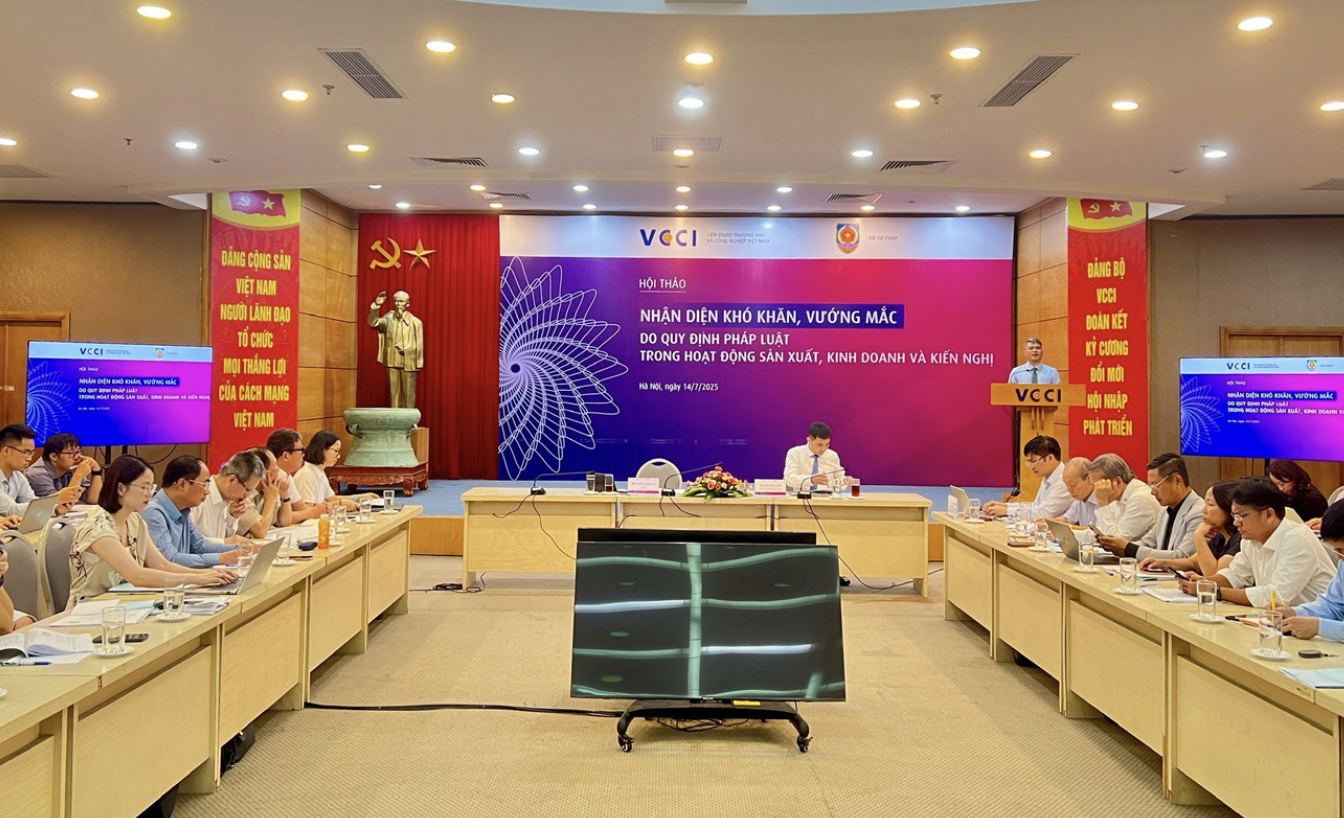
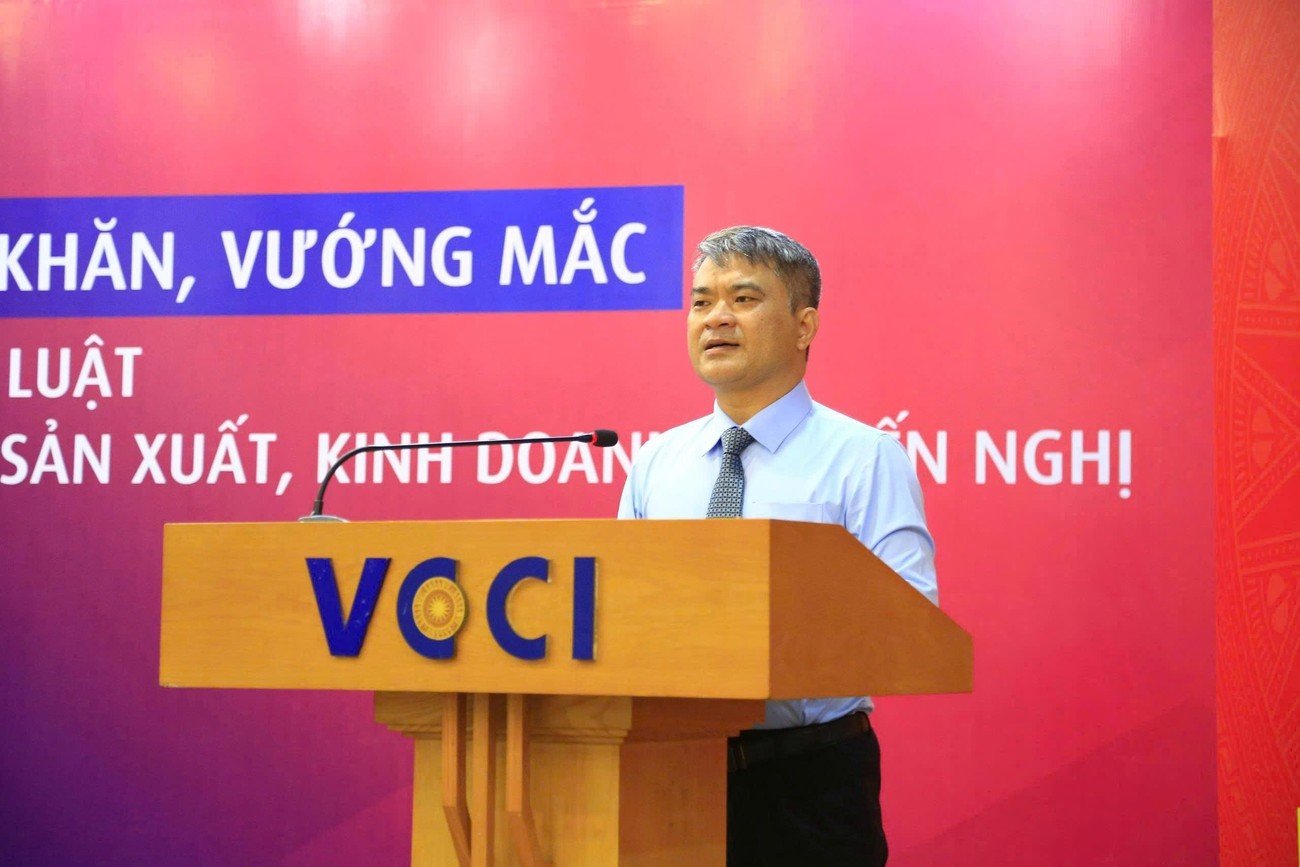
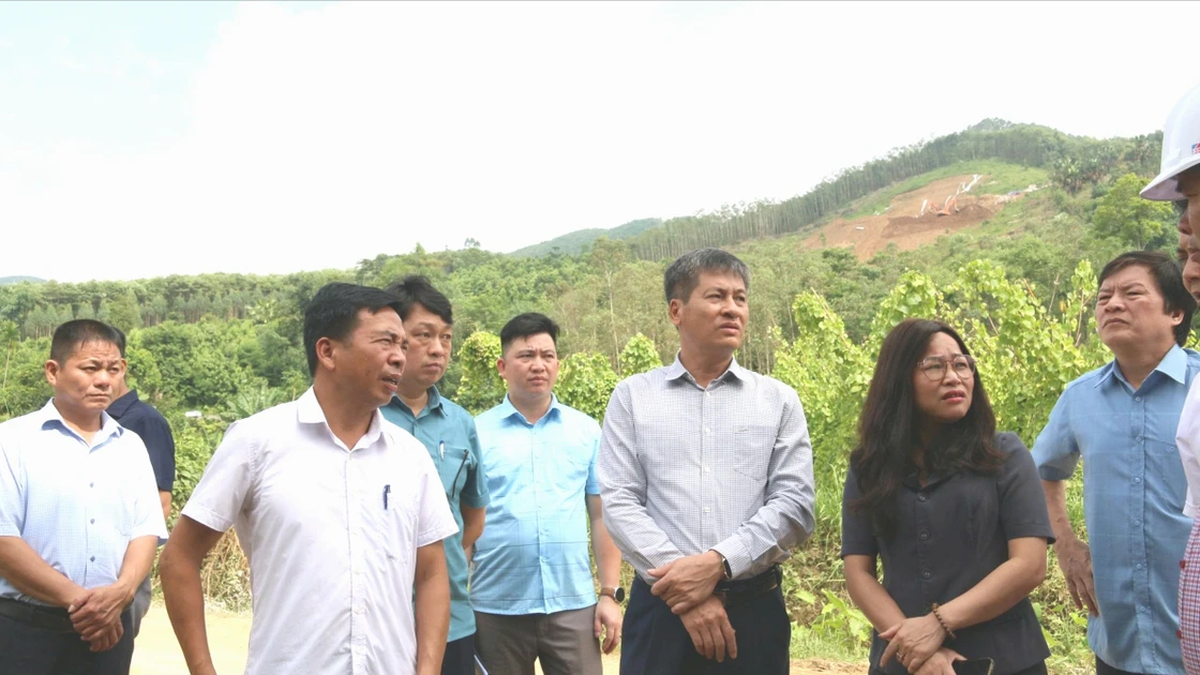
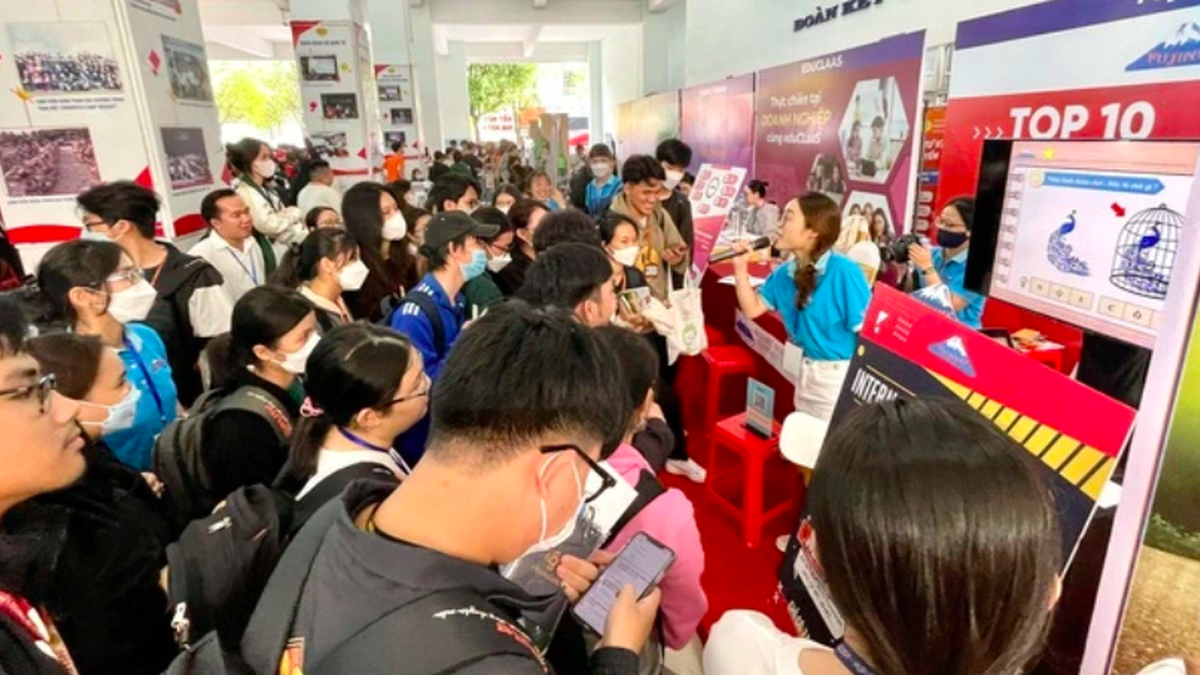
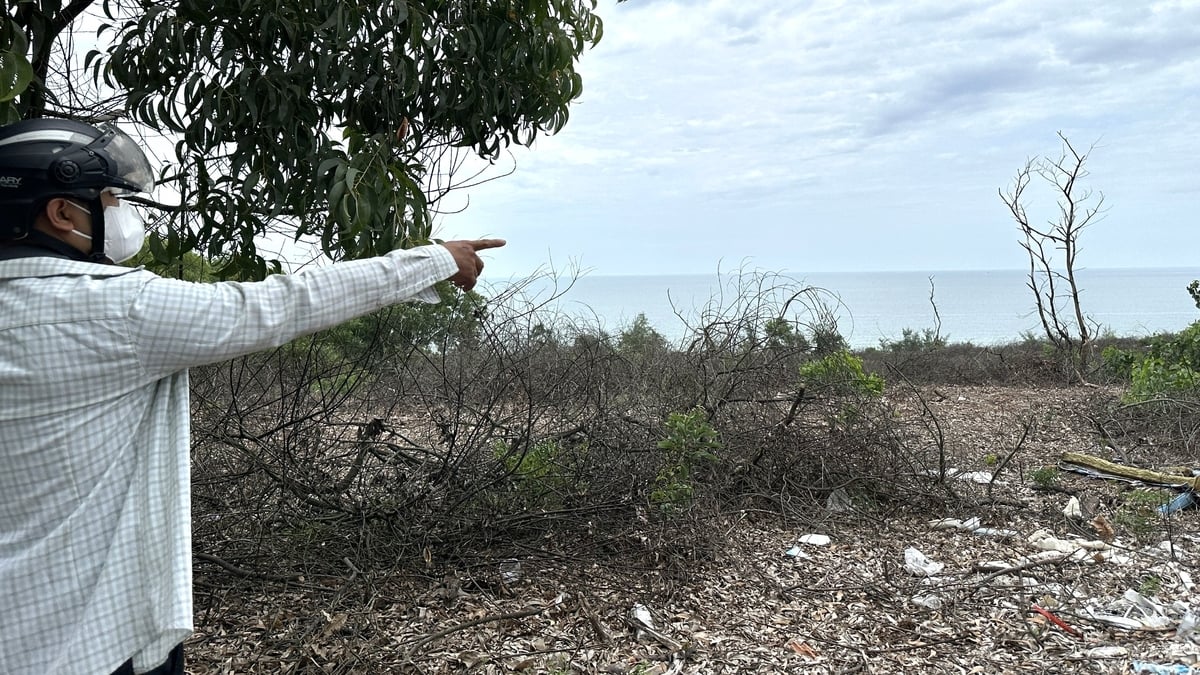
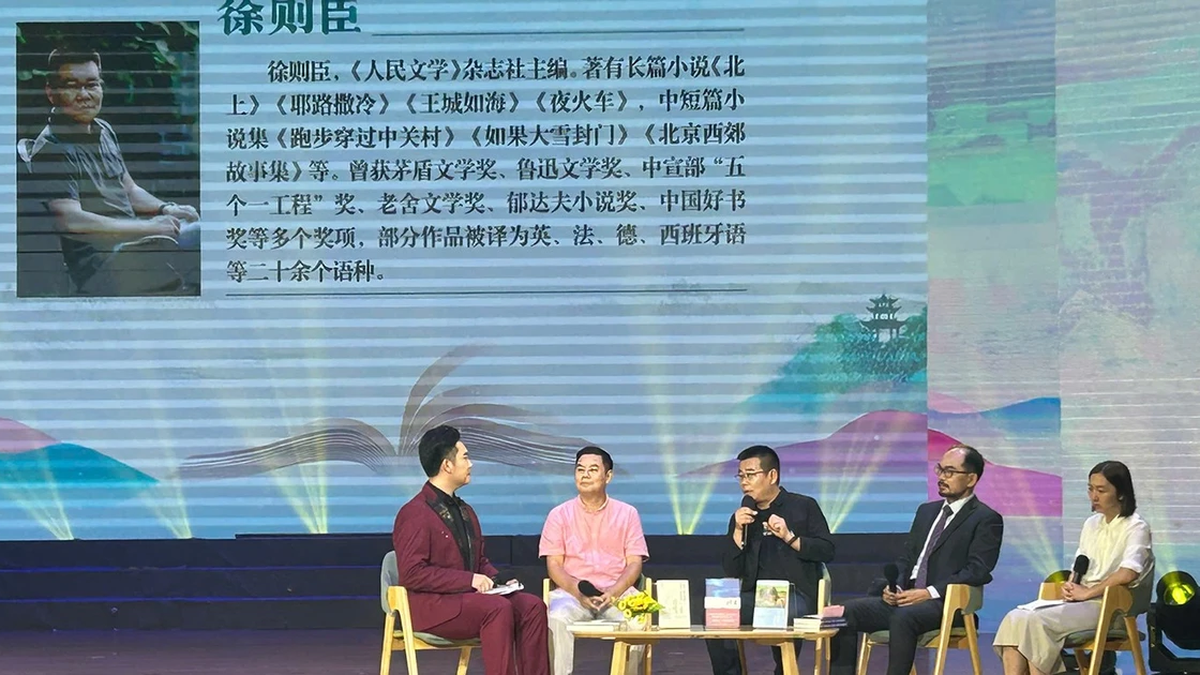
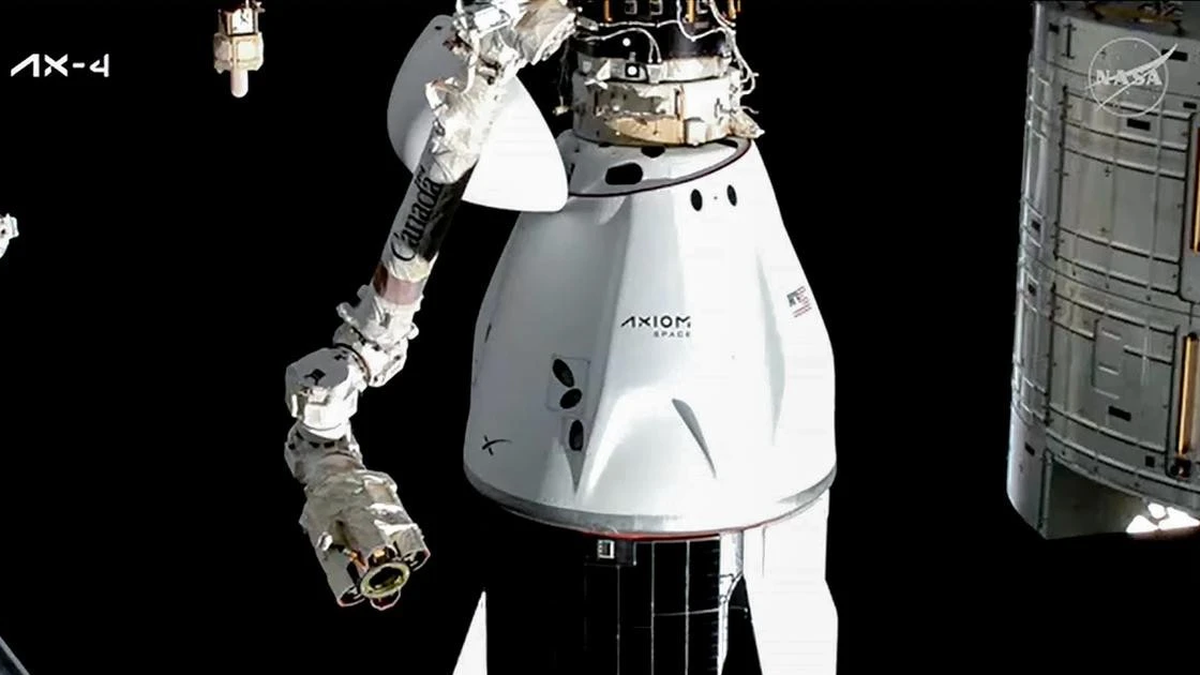

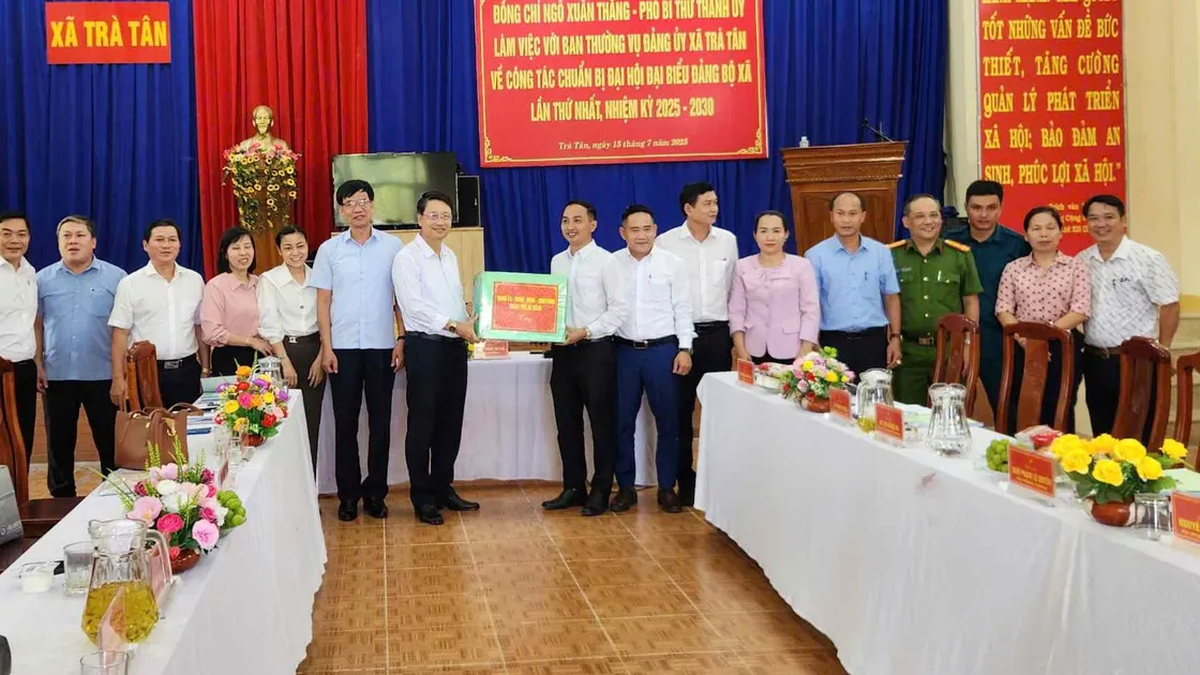

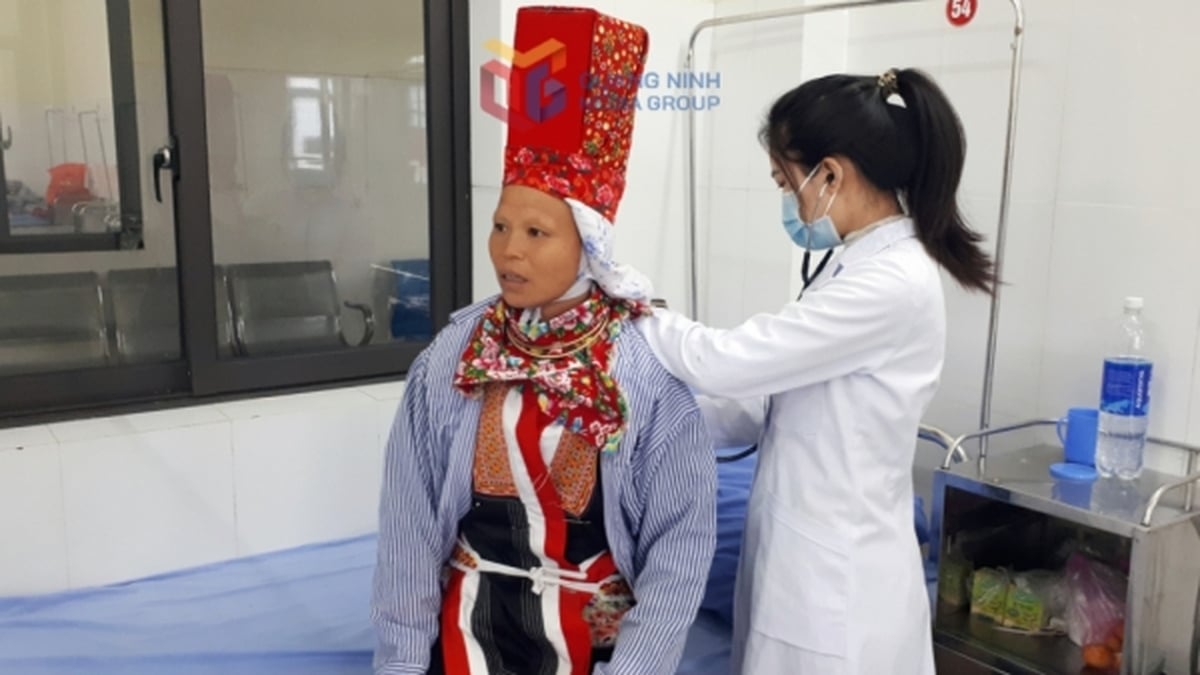
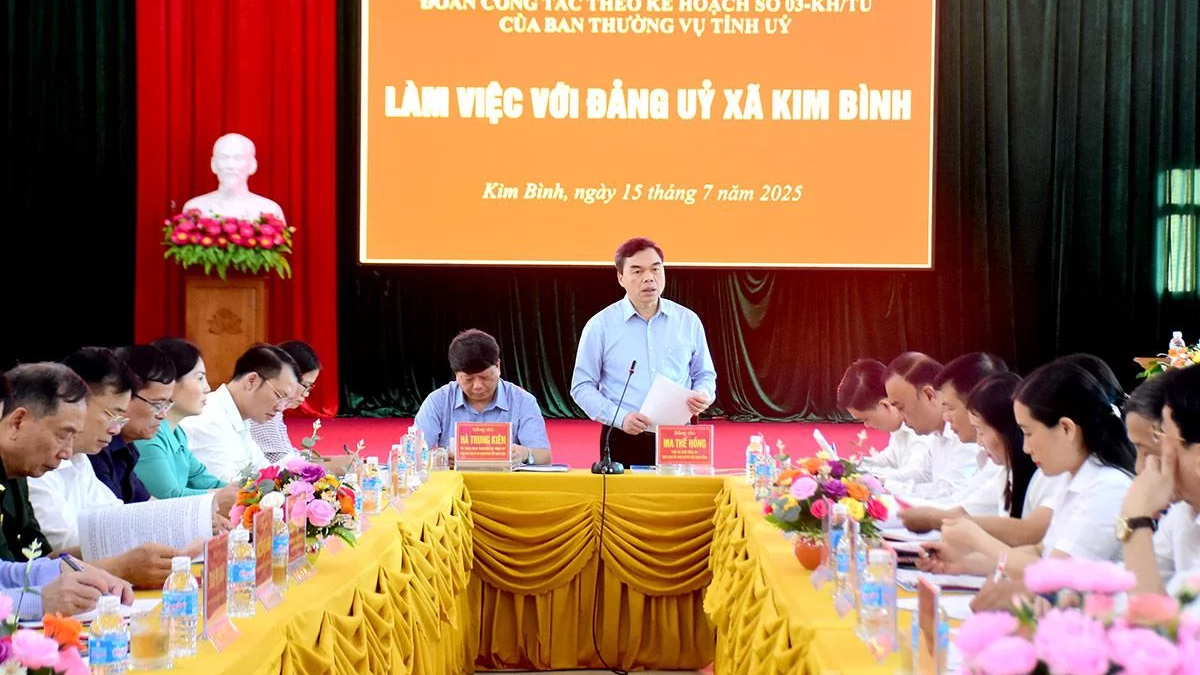













































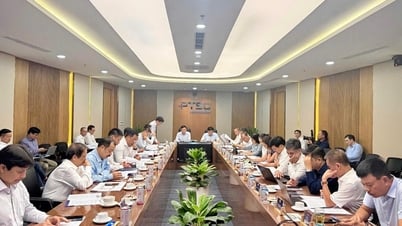

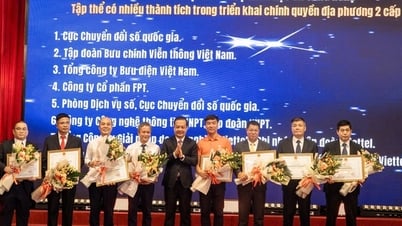

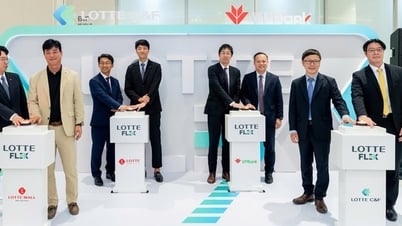

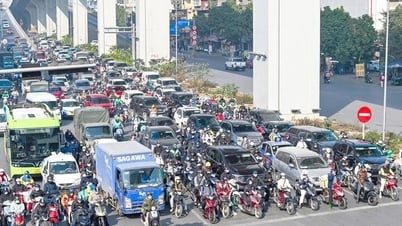






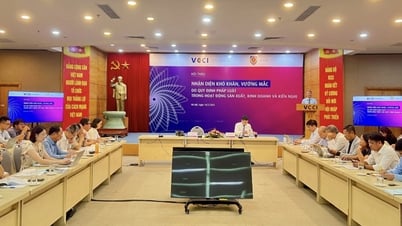





















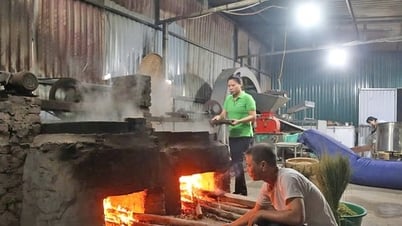










Comment (0)